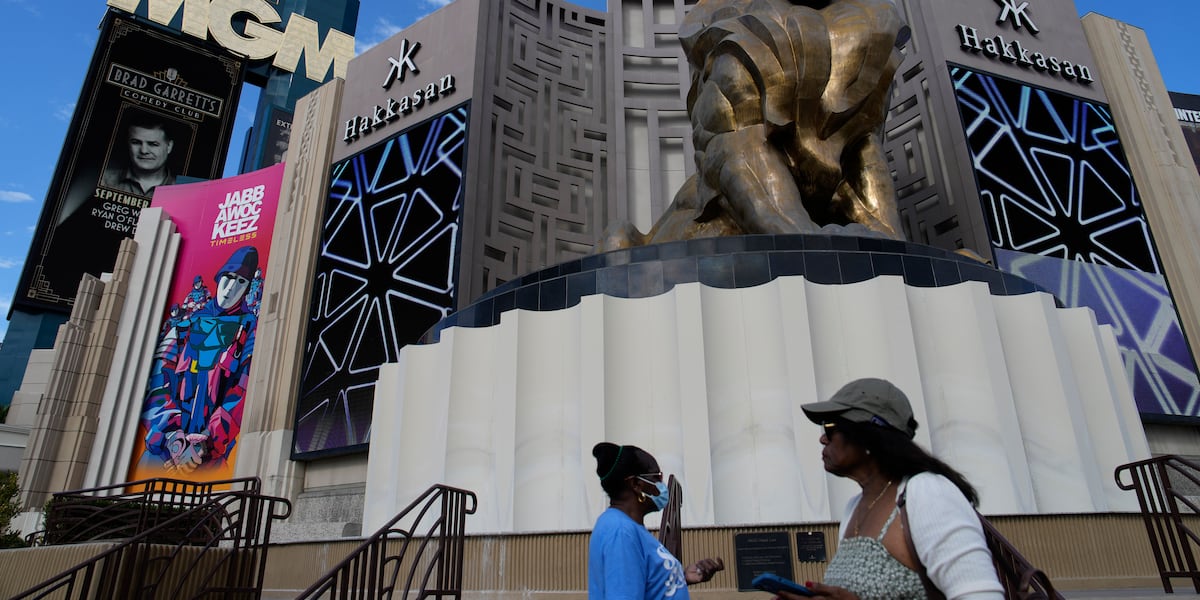Bussiness
My son died on Mother’s Day weekend. Sometimes I wonder how I’ve survived all these years.
- My 25-year-old son Alex died of a heroin overdose.
- I have a feeling he died on Mother’s Day, even though I found out about his death two days later.
- My husband and I were numb at first, and the tears came later.
Mother’s Day is always the second Sunday in May. This year it’s May 12th. On that day in 2015, two Newark, NJ, police officers appeared at our door. We did not live in Newark, so I figured the news was bad.
They were there to tell us that our 25-year-old son Alex had died from a heroin overdose. They’d found him the previous morning in an empty lot frequented by heroin users.
I always thought he probably died the evening of May 10 — Mother’s Day in 2015. Since then, Mother’s Day has not been my day.
It hasn’t been easy to move forward
Sometimes, I wonder how I’ve survived these last nine years. My husband tells me I’m an expert in compartmentalization, and he’s right. I know how to be laser-focused on what I’m doing, and I’ve had lots to do. I have forced myself not to disappear into the grief that all moms who lose their child feel. I didn’t want to move on or erase memories of Alex. As I struggled with Alex’s death, I wanted to move forward, somehow integrating his death into my significantly altered life.
Life has gone on for me, for us. Both my husband and I retired from our jobs in the Rutgers University Department of Sociology. We loved teaching and research, but we were ready for change. We moved to Washington, DC., and I, for one, am ready for activism.
It hasn’t been easy to move forward from the dark days. Often it has been horrifyingly hard. But when people ask, I always say I just put one foot in front of the other. There really isn’t any other way to do it.
We were numb at first
The shock of your child’s death is disorienting. Life changes in an instant. We were numb, in shock, I suppose. The tears came later.
On the first day, we needed to tell our relatives, close friends, and colleagues to let them know the horror that had befallen our family. Our “first responders” arrived almost immediately to take care of us. When day turned to evening, I took enough Ambien to ensure I could sleep through the night, more than I had ever taken in the past. I needed to be alert the next day. There was no time for insomnia.
The first week occupied us with the chores and rituals that follow a death in the family. We met with the funeral director, who had been Alex’s Little League coach. We decided on a non-church service and chose to cremate our beautiful boy. We also decided not to view Alex’s body, a choice I sometimes regret. But the thought of seeing Alex dead was unbearable. This meant that I was never fully convinced that Alex died. But our friend, the funeral director, confirmed it was.
I also wrote Alex’s obituary and eulogy for the Celebration of Life. I needed to honor my child’s memory, to try to give meaning to a life cut short, to acknowledge all of who he was. I also felt strongly that I needed to take a public stand against stigma, to step out of the shadows. I wanted to shine a light on addiction.
That week was the longest week of my life, but it wasn’t the hardest. That came after. We had to pick up the pieces and learn to live again. We escaped as soon as possible, fleeing to Montauk, one of our special places. I knew we needed to get away from New Jersey for Christmas. For the next four years, we spent Christmas away from home, mostly in the Caribbean. It worked. By 2019, we were ready to be home for the holidays. We even found some joy.
I wanted to know more about addiction
I began my quest to understand why addiction happened to my family by intellectualizing my experiences and asking the “why” and “how” questions of my life.
I read historical and sociological studies; I studied policy research on addiction and the strategies to combat it. I learned about harm reduction, which I now think is the most promising strategy for combatting the scourge of addiction. I broadened my readings from scholarship and journalism to memoirs. These personal narratives describe mental health, substance use, and pain and suffering in raw and unfiltered ways, showing how they destroy the lives of children, families, neighbors, and friends.
While intellectualizing my experiences was helpful, I realized I needed more than reading to find understanding. I searched for social communities, first online and then in person through 12-step and grief groups. The people I met in my Naranon and grief groups provided invaluable fellowship, and several remain my grief buddies. But I was still searching. I tried other forms of self-care, including yoga, walking, and meditation. A friend even brought me to a psychic. When I mentioned it to my fellow travelers in grief, three of the moms, but none of the dads, had done the same thing.
But it was writing and my turn toward activism that really helped to pull me out of the shadows. As I shift to this new stage of my life, my expanded social communities and my family have given me the support, encouragement, and purpose I need. I have a wound that will never completely heal, but telling my story has made things better.
Patricia A. Roos wrote “Surviving Alex: A Mother’s Story of Love, Loss, and Addiction,” published May 17, 2024 by Rutgers University Press.









